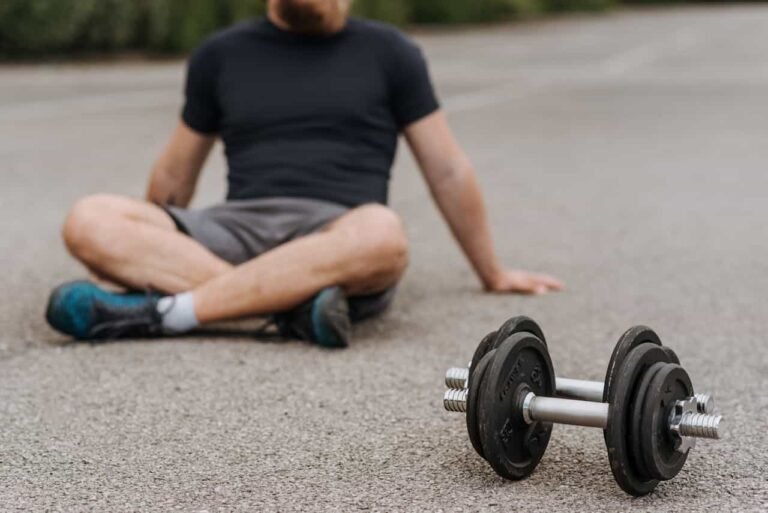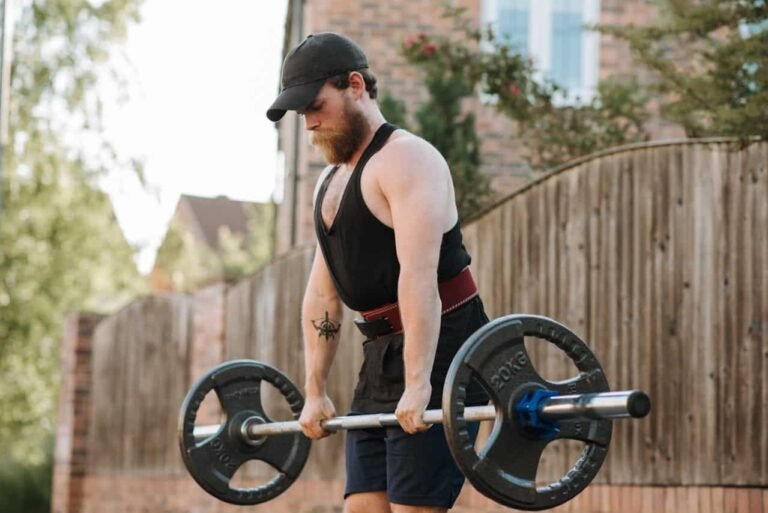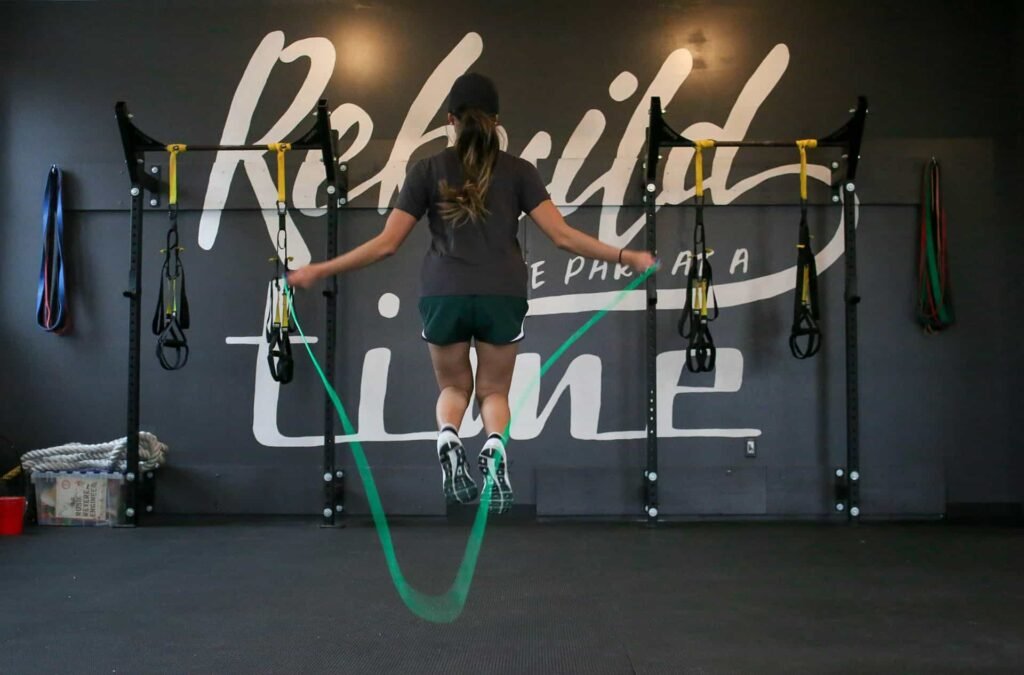If you’re wondering how to optimize your gym time and make every minute count, then this is the perfect article for you.
If you are reading this article, stop here and congratulate yourself. You are one of the few who is serious about health and fitness and searching for answers to improve.
If not, I will make sure that after reading this article, you will get the required motivation to stick relentlessly to your fitness journey.
For many people, time becomes one of the biggest obstacles to exercise. If you are not a paid athlete or pursuing a career related to fitness, then you must learn how to overcome the obstacle of time to perform exercises optimally.
Contents
What is the optimum workout duration?
The only person who can answer this question is you. Do not worry; I will not just leave it to you. I will guide you by breaking down the question of how long you should perform exercises.
When determining your ideal gym time, you must have a clear mindset that no size fits all. The answers vary because different people have different goals. Your gym time should be determined based on your goal.
If you compare the training of a 100-meter sprinter to that of a marathon runner, you will see they have different training regimes.
The sprinter trains for explosiveness, but the marathon runner trains for endurance. Their training time will also vary as they have various kinds of training.
If you are an average person who wants to stay fit, then some factors will cause differences in gym time. Such as:
- Age
- Fitness Level
- End goal
The above variables influence the need for time in exercise, which impacts the workout duration.

How Much Gym Time Do You Really Need?
It depends on many factors. If you have enough time, you can work out the way you want. However, most people do not have that freedom and that is why ideal gym time varies person to person.
In that case, you should first set a clear goal: why are you training?
Some questions you may ask yourself are:
- Do you want to build a career in this sport?
- Are you a recreational gymgoer? Or
- Do you want to accomplish a fitness goal within a time limit?
If you have that clarity in mind, you can easily find out how much you need to train and how much time you would need to spend in the gym to do that training.
Usually, in the gym, time gets spent for the following reasons:
- Setting up before exercise: Some exercises, like deadlifting, require setting up beforehand. You must put weights on each side of the bar, wear gym gear, and so on. It can increase the time you need to spend on a workout session.
- Performing the exercise: Though it takes a bit of time, a set of exercises usually takes 40 to 60 seconds to perform.
- Resting between sets: It depends on what kind of training you are doing or what muscle you are targeting. Some exercises demand more rest, while others do not. Usually, people rest for 2–5 minutes between sets.
Depending on your goal and workout split, the above-mentioned variables will be changed, and your gym time will change accordingly.
If you are working out to be in shape, your workout should last between 40 and 60 minutes.
A simple example: Suppose you are training 3 body parts and performing 3 exercises for each part. Then, the total number of sets will be 9. If you take an average of 1 minute to perform each exercise, then it will take 9 minutes to perform the exercises.
If you take at least 3 minutes of rest between sets, then it will be 27 minutes (9 sets x 3 minutes). If you require setting up the exercise, then add 5 minutes to it.
Completing that workout session would take you at least 41 minutes (9+27+5).
What phase you are in can also make your workout session long or short. The phases are:
- Progression: If your goal is to make progress in the exercise, then you need to push yourself hard. Usually, people try them hard by increasing weight, rep number, and set or total volume. If you want to progress, your workout time should be increased in most cases.
- Maintaining: If you have achieved your goal and want to maintain that physique, research shows that training one-third of the volume you used to train will be sufficient to maintain the muscles. In that case, your workout duration will be much lower.
However, an optimal time for a gym session or workout session has yet to be set. From my personal experience, I would say it should be between 30 and 90 minutes.



Allocating gym time for cardio
Like before, there is no fixed answer; it depends on your goal.
Why are you doing cardio?
Asking yourself this question will help you determine how much cardio you should do, and depending on that, you can allocate cardio session duration from your overall gym time.
- If you are doing cardio to lose weight, you can follow the baseline cardio goal researchers suggest. The research suggests doing a minimum of 150 minutes of moderate-level cardio in a week. You can break it down to 30 minutes daily, or however you like. If you do not see results from 150 minutes of weekly cardio, you can slightly increase it and break it down at your convenience.
- If you are training for a particular sport, your cardio session should be specific to that particular sport. For example, if you want to be in an endurance-driven sport, your cardio session should be long, and vice versa.
Cardio duration can also vary depending on the type of cardio you are doing.
- Zone 2 cardio: Low-intensity cardio can be performed for a long time. Zone 2 cardio is very beneficial for overall health and it can be done for longer periods without stressing out your joints. Examples are brisk walks and moderate-pace jogging.
Depending on your fitness goal, you can do it in 10 to 60 minutes.
- HIIT: High-intensity interval training (HIIT) is a type of cardio that is done in short intervals, but the intensity is very high, raising the heartbeat to a great extent.
Examples: Mountain Climbers, Jumping jacks, etc.
If you perform HIIT, you should not perform more than 10 minutes of it in a single day. The idle recommendation is 40 to 50 minutes weekly.


How long should you train if you incorporate both strength training and cardio?
You can include both strength training and cardio in the same session. How much you need to put emphasis on weight lifting and cardio will depend on your goal.
If your goal is to build muscle, your primary focus should be strength training. You can follow the 80:20 ratios for that. If you train for 60 minutes, then almost 50 minutes should be strength training, and 10 minutes should be spent on cardio.
If you are training for any sport, that split should be based on that specific sport’s needs. It can be 50:50 or any ratio based on your performance requirements.
I hope you now have a better understanding of how to structure your gym time for the best results
Let me know if you need a detailed breakdown.

